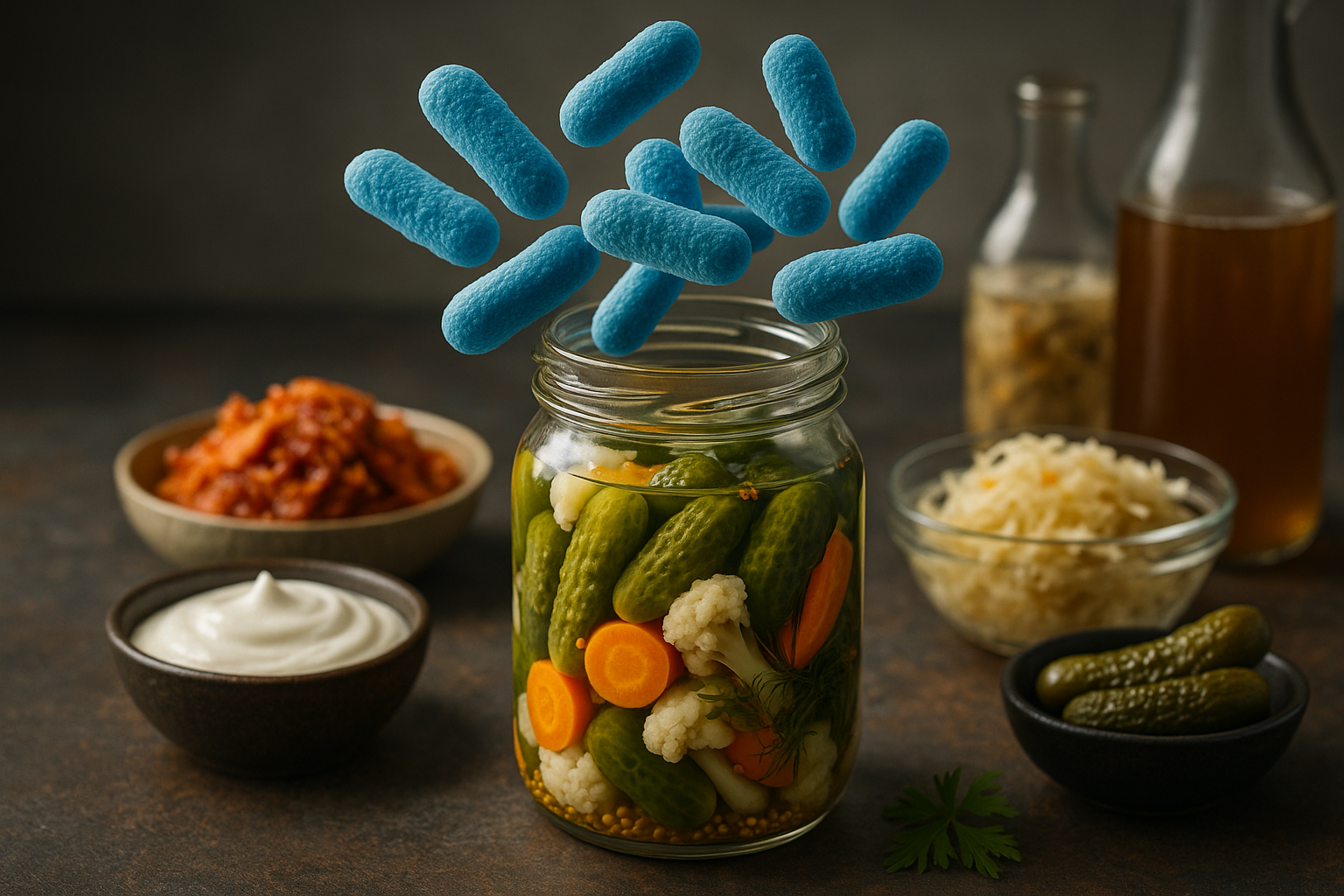Unraveling the Health Potential of Fermented Foods: An Exploration into Probiotic Power
Can the key to optimal health lie in the age-old practice of fermenting foods? The rise of probiotics in the wellness world has led to a resurgence in fermented food consumption, from sauerkraut to kimchi. This article delves into the history, current trends, and potential health benefits of this culinary tradition.

Fermentation: A Journey Across Cultures and Centuries
Fermentation is an ancient food preservation technique, dating back as far as 6000 BC. This culinary practice involves the transformation of food by beneficial bacteria, yeasts, and molds, enhancing its nutritional content and flavor. Though initially utilized for its preserving qualities, fermentation has gained recognition for its potential health benefits, particularly in promoting gut health.
Probiotics: The Frontline Fighters of Gut Health
Probiotics, the beneficial bacteria present in fermented foods, have become a trending topic in today’s health and wellness landscape. These microscopic allies help support our gut health, which is crucial for overall well-being. An imbalance in gut flora can lead to various health issues, including digestive disorders, mental health problems, and weakened immunity. Probiotics help restore this balance, making fermented foods a potent tool for health maintenance.
Fermented Foods: A World of Flavor and Health
From the tangy crunch of sauerkraut to the fiery kick of kimchi, fermented foods offer a unique blend of tastes and textures. But beyond their gastronomical appeal, these foods are packed with health-boosting properties. They aid digestion, bolster immunity, and may even help manage weight. However, it’s important to note that not all fermented foods are created equal. Some, like commercially produced pickles, may not contain live probiotics due to pasteurization.
Challenges: Demystifying Fermented Foods
Despite their potential health benefits, fermented foods face certain challenges. Misconceptions about their safety, taste, and preparation methods can discourage people from incorporating them into their diets. Additionally, while numerous studies suggest a positive correlation between fermented foods and health, more research is needed to fully understand their impact.
Fermented Foods: A Probiotic Powerhouse or Just a Trend?
While fermented foods have certainly gained momentum in the wellness world, their health benefits are more than just a passing trend. Backed by centuries of traditional use and an increasing body of scientific evidence, these culinary treasures offer a tasty way to enhance our health. However, as with any dietary change, it’s essential to consult with a healthcare professional before making drastic adjustments.
Fascinating Fermentation Facts:
-
Fermented foods can be found in nearly every culture, from Korean kimchi to German sauerkraut.
-
Some of the most commonly consumed fermented foods include yogurt, kefir, kombucha, and pickles.
-
Fermentation enhances the bioavailability of nutrients in food, making them easier for the body to absorb.
-
The process of fermentation can help break down compounds in food that some people find hard to digest, such as lactose in dairy products.
In conclusion, the world of fermented foods offers a realm of potential health benefits, from improved gut health to enhanced immunity. Through exploring this ancient culinary tradition, we can tap into a wealth of nutrition, flavor, and well-being. Whether you’re a wellness enthusiast or a culinary adventurer, consider adding a dash of fermented flavor to your dietary repertoire. After all, good health begins in the gut.




